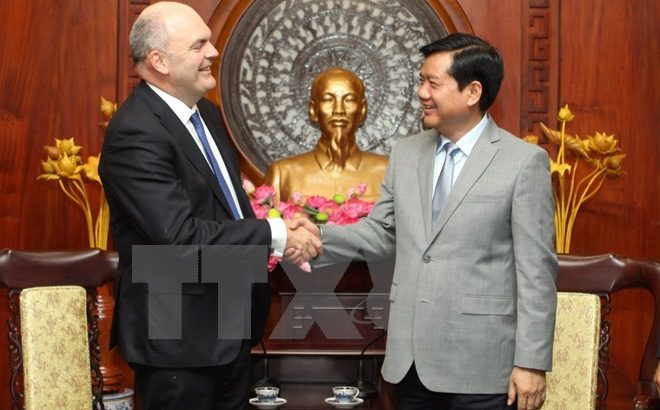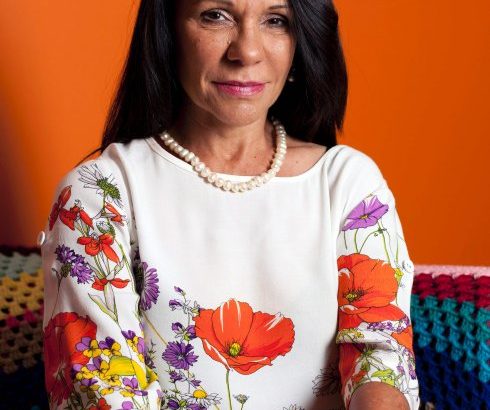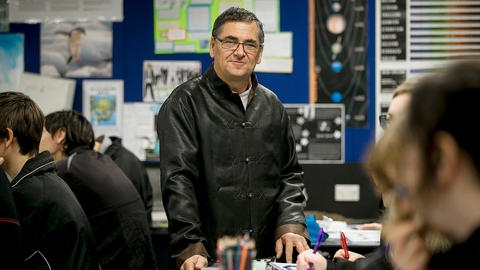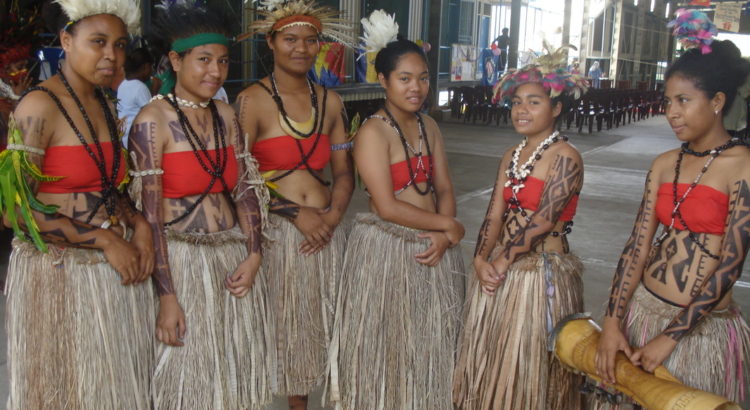Oceanía/Australia/Julio 2016/Autor: Anna Bennett / Fuente: theconversation.com
Resumen: El último informe del Grupo de los Ocho, que representa a las universidades de élite de Australia, ha generado un debate sobre el sistema basado en la demanda y la equidad en la educación superior en Australia.
The latest report from the Group of Eight, which represents Australia’s elite universities, has sparked debate about the demand-driven system and equity in Australian higher education.
Research shows we have made progress, but improving equity across the sector is challenging.
The Go8 argues that specific equity funding should be “restored” to assist universities with targeted initiatives. This funding has been delivered through the Higher Education Participation and Partnerships Program (HEPPP), which the government recently announced will be reduced from next year.
How to boost equity in higher education
New research from Newcastle, Melbourne and La Trobe universities identifies the types of initiatives that have demonstrated they can help students from equity groups access, participate in and complete university.
Initiatives captured in the study must have been specifically aimed at one or more of the defined equity target groups. Other groups identified by survey participants and authors of impact studies include those who identify as first-in-family and people from refugee backgrounds.
1) University campus visits
Attending university as part of a pre-university experience program has been shown to increase the likelihood of school students considering going to university in the future. Campus visits provide students with a clearer understanding of what the university life would be like.
Studies show that having mentors involved in campus visits makes them more effective in developing aspirations and intentions to go to university than attendance without them.
2) Mentoring
Time spent with mentors is shown to be important for school students in low socio-economic (SES) areas whose immediate family or caregiver has not been to university.
Stories told by mentors about their own experiences prove effective in overcoming limiting views about who is able to participate and achieve in higher education.
High school students in particular respond to university student role models or mentors from similar backgrounds. This form of “in-group” identification is linked to a greater sense of belonging in a university.
This helps to challenge stereotypes about who goes to university and who studies particular courses such as engineering and science.
Mentoring is effective ― when compared to no mentoring ― and it has an even greater effect on improving intentions to attend university when it continues over a period of time.
3) Demystifying university culture
Strategies to address and counter students’ doubts about belonging and academic ability are important.
For online students, the use of social media can enable social, academic and ongoing group interaction. Incorporating social media has been shown to increase opportunities for students from low-SES backgrounds in building strong social support networks.
On-campus experiences are also documented as being helpful for mature-age students in demystifying university and aiding the development of a student identity. This provides university pathway students with a taste of university life and helps them develop realistic expectations of what they will experience in their undergraduate degree.
Importantly, incorporating ways of learning from participants’ cultures – by, for example, involving local community members when designing class content – has been shown to increase a reported sense of engagement and belonging for students from refugee and Aboriginal and Torres Strait Islander backgrounds.
4) Developing academic skills
Many of the impact studies captured in our review cite a lack of engagement among equity students with conventional forms of support. Because of past stigmatisation, some students do not wish to engage with the bureaucracy that surrounds provision of support because of what they perceive as deficit labels.
Past policies and practices mean that, particularly for Indigenous students, there may be low levels of trust and feelings of powerlessness in seeking conventional forms of support.
Other studies assert that the main reasons why a proportion of students do not access learning development are time constraints (making attendance at extra workshops difficult) and the need for students to receive feedback from assessment tasks before their needs can be identified, which leads to time lags.
Some equity participation initiatives in undergraduate programs use an outreach model of directly contacting students who have failed a first assessment, for example. This assists in developing the academic skills of more students by connecting with those who would not otherwise have sought assistance.
But it is essential that support is relevant to their area of study.
5) Well-designed online learning and resources
Online learning approaches and focused online orientation activities are shown to provide greater engagement in learning. There are ongoing challenges, though, for students accessing good-quality technologies and sustaining engagement in online programs.
One study describes the impact of e-learning tools that were introduced to a cohort where 62% of students study via online courses, the majority were equity students and many were from remote, isolated areas.
These e-tools included a combination of video clips, online tutorials and discussion boards/groups to encourage active learning, connection and engagement with course content. Increased engagement was reported as a result of the e-learning tools and discussion boards. Data showed that the majority of students (over 90%) found e-tools a useful learning resource.
Carefully paced, online and on-campus bridging or preparatory programs designed to assist first-year undergraduates before semester starts are also a way to enable students to gain basic knowledge and skills.
6) Collaborations between institutions and communities
As the previous points demonstrate, programs that are planned by providers in response to student needs, and in consultation with stakeholders where relevant, are more likely to sustain interest in university as a future option.
Programs that are inclusive, flexible and responsive to students (regarding the times programs are offered, for example) are more effective because they receive greater participant and community support. This is shown to be particularly important for students from Aboriginal and Torres Strait Islander and remote backgrounds.
What next?
Earmarked specific equity funding is essential to ensure that recent historic gains in equity in higher education are not lost.
However, we need more research into effective equity initiatives that are being used worldwide. Not only is specific funding essential for ensuring a fair and equitable system into the future, this needs to be anchored in a national approach that both draws on and supports ongoing program evaluation and research about what works best.
Fuente de la noticia: https://theconversation.com/six-ways-to-improve-equity-in-australian-universities-61437
Fuente de la imagen: https://www.google.com/search?q=bibliotecas+australia&client=ubuntu&hs=9gi&channel=fs&source=lnms&tbm=isch&sa=X&ved=0ahUKEwjWvOmJrNDNAhUG7D4KHYkRCWgQ_AUICSgC&biw=1301&bih=673#imgrc=PPbyi9s90SzFbM%3A












 Users Today : 39
Users Today : 39 Total Users : 35460056
Total Users : 35460056 Views Today : 54
Views Today : 54 Total views : 3418685
Total views : 3418685